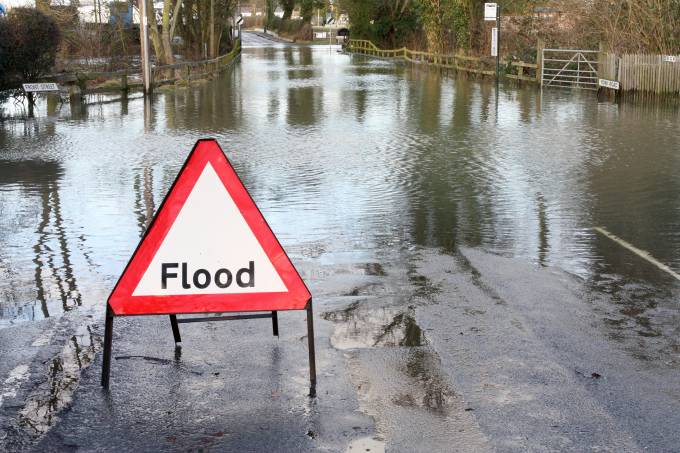Musselburgh Flood Protection Scheme update presented to council

The town of Musselburgh has a very significant flood risk
An update on progress towards developing a flood protection scheme for Musselburgh was presented to the full East Lothian Council meeting yesterday.
Elected members were advised on progress made to date since the ‘Preferred Scheme’ was approved by Cabinet in January 2020.
The Musselburgh Flood Protection Scheme is one of 42 such schemes on the Scottish Government’s first National Flood Protection Scheme Programme and it is recognised the town of Musselburgh has a very significant flood risk.
In January 2020 a report was presented to East Lothian Council’s Cabinet at the end of the project’s Stage 3. This presented an update on the development of the Scheme and requested approval of the proposed ‘Preferred Scheme’ which was estimated at £42.1M. Following this the Scheme’s Project Board proposed to commence an actual ‘Outline Design’ of the concept that was named the ‘Preferred Scheme’ by Easter 2020, however the COVID-19 Pandemic occurred from March 2020 and prevented this progressing.
East Lothian Council leader, Norman Hampshire, said: “The Musselburgh Flood Protection Scheme is a clearly defined project with the objective to protect significant parts of the town of Musselburgh from the risk of extensive flooding. Although the pandemic halted some progression the Project Team were able to arrange technical and environmental surveying work at key points throughout the town which provided invaluable information regarding water levels and flow patterns.
“The Project Team also arranged a number of public consultation events that enabled local residents and businesses to discover more about proposed plans and importantly also gave them the opportunity to air concerns and identify aspects of the scheme that hadn’t been clearly explained or detailed.
“The combination of river and sea tidal movements in and around Musselburgh and predicted additional pressures attributed to climate change add to the complexity of flood protection solutions for the town appropriate to its needs. Partially as a result of comments received during the consultation period the Project Team will undertake a further review of its hydraulic model before providing a further update on the programme and revised costs later to the council this year.”
He concluded: “It’s important for residents and all stakeholders to be assured that final plans have not yet been completed and consultation will remain a key component of the scheme’s progression.”






